Can Mel Robbins Trademark Your Words?
Let's Find Out
Learn more about Cassie Phillips, here. This is a follow-up to the first article on this topic entitled Mel Robbins and Plagiarism: Meet Cassie Phillips, the original author of Let Them
Recap
A well-known motivational speaker, Mel Robbins, has used multiple concepts (let them, let me, let you) and actual lines of a viral poem written by author Cassie Phillips* and claimed them as her own in a wildly popular book, The Let Them Theory. Mel did this while also saying that her daughter, Sawyer Robbins, co-wrote the book with her; but she never gave her daughter credit on the cover as a co-author, perhaps because, as Mel has said in interviews, she sees this moment of glory as “her legacy.” (Update: After two months of public pressure, a new printing of the book with Sawyer’s name was released on March 6, 2025)
Cassie Philips is a contemporary of Mel Robbins: two authors in the same time period, one is just more well-known than the other. Cassie’s Let Them poem, mantra, and concept went viral in 2022. The Let Them Theory book by Mel Robbins was published two years later at the end of 2024. Many people in the self-help community remember the first version of Let Them by Cassie Phillips because they pinned it to their social media pages as a guiding light for whatever challenges they faced personally. Those of us who remember Cassie Phillips were confused to hear Mel Robbins claim this work as her own. Seeing social media posts like this, which claim Mel Robbins plagiarized Cassie’s work only added to the confusion.
Mel describes her knowledge of The Let Them Theory as a “discovery” she made; “discovery” a word she is careful to use in her book, rather than “created” or “originated” when referring to The Let Them Theory. Allegedly, Mel ran with the concept of Let Them once she saw the traction she gained from sharing it on social media herself; and after two years of not being contested for doing so, it appears she began to take credit for it herself.
When Rich People Can Trademark Your Words
The latest was a trademark scandal. Mel Robbins filed to trademark the title of the viral poem by Cassie Phillips “Let Them” (see photo); further stripping independent artists of profiting from the concept of “Let Them,” which was meant to remain free. To my understanding, Cassie’s actual signature is the font used in many of the trademarked items of the original “Let Them” tattoo. Imagine having your signature trademarked by another, which, while ridiculous and not likely, makes one wonder if a trademark of your signature by someone else could legally and conceivably require you to pay a licensing fee to sign your own name!
Trademarking the phrase “Let Them” means that all those Etsy creators who’ve made pillows, jewelry, shirts, mugs, and other items with the words, “Let Them,” sometimes using the actual signature of Cassie Phillips, would have to pay Mel Robbins a licensing fee to keep profiting off of what Cassie created for free to help those in need of this powerful mantra. Having to pay a fee for using a trademarked name could increase the price to the consumer by 35%. If she were to obtain the trademark, Mel Robbins could sue those independent artisans, unless they paid her a licensing fee that they may, or may not, be able to afford. It seems absurd that Mel Robbins could sue creators who were selling Let Them products before Mel Robbins even published her book The Let Them Theory; but this is how the legal system operates, which as a former lawyer, she knows well. If we don’t take a stand, this means that Mel Robbins could sue artists for using words that weren’t hers to begin with! As Cassie Phillips wrote, “A trademark filing means that in order to speak on a topic, that I previously popularized, I [would] now have to pay credit and fees to someone who discussed it long after me just because she wrote a book on it.”
Mel Robbins turned the mantra that Cassie Phillips made viral into a book before Cassie did, without giving Cassie credit, because she could. But just because we can do something doesn’t mean we should. Cassie has been battling Lupus. For those of us in the chronic illness community, we know how hard managing normal life can be, let alone managing to write a book while battling a health disorder. This move was was legal for Mel to do so (although it might be contested in a court of law), but was it morally responsible to do so without giving Cassie’s poem the credit as her inspiration? Being the first to officially publish gives the appearance of ownership that actually belongs to another who had already “published” years prior through public posts. This is an ethical issue with financial repercussions.
Why Doesn’t Cassie Phillips Just Sue Mel Robbins?
I can’t answer this question for Cassie because perhaps a class action lawsuit will be taken if enough lesser-known authors come forward with proof that their words were also used by authors more well-known. People familiar with my work, who then recognize it being used by others, will ask me, “Why don’t you sue?” The answer is that I don’t have the resources to take someone to court; and people who steal the work of others know that, depend on it, and make a career of getting away with that. However, some publishing houses are known to encourage their authors to write their books using A.I.—which, itself, was trained using books written by authors, like myself, who published before ChatGPT and other A.I. resources became easily available. Authors who take that advice and choose to rely on A.I. may not realize that they are, in effect, plagiarizing lesser-known authors who have been sharing their work on the internet for years; for some of us since the early 1990s when the internet first became accessible to most. If those authors band together in a class action suit, the tides may change.
Why should we care?
We should care because if we don’t stand up to injustice when it happens to another, who will stand up to injustice when it happens to us? This is an ethical and moral dilemma that if not rectified, could turn into reprehensible fraud that will be continually repeated by others. It is the crime of well-known people taking original material from lesser-known creators and not only profiting from it, but stealing the profits from those who need them more and rightly deserve them. It’s like taking food from Cassie and her children; it’s taking Cassie’s legacy; it’s robbing her of what’s rightfully hers. I concede that we live in a capitalistic society where it’s legal to build upon what someone else has done without giving them credit; but that doesn’t make it right, especially for someone who claims to be “spiritual.”
Unfortunately, this happens to independent poets and writers all the time; and it robs us of our ability to make a living from our art while someone else profits off of us. It’s cultural appropriation of the rich off of the poor (or middle class, which is the same difference in today’s economy). It’s an injustice and we can call it out without engaging in cancel culture by demanding restorative justice.
Call Out Culture versus Cancel Culture
I do not believe in cancel culture, but rather call out culture that can lead to repair and resolution, true healing. There is an easy solution to this: for Mel to apologize, acknowledge Cassie as the original inspiration, and give her a hand up, so that she can profit too when her book comes out soon (beware there is a book claiming to be hers that is not. I advise only buying a book once Cassie announces it on her website).
My focus is on using spiritual principles, maturity, and human kindness to rectify the character flaws of human imperfection that harm others. My intent is not to vilify Mel Robbins, but to bring light to an injustice and guide her and others who have done what she has done, into corrective behavior that heals all concerned. Cassie has words of depth and authenticity that you don’t find in books crafted by ghostwriters who mined the material using A.I. built on the backs of independent authors like myself. It’s a crime, and we can call it out without engaging in cancel culture by demanding restorative justice. As writers, “united we stand, divided we fall.”
Please enjoy an excerpt from my book, Sage Words FREEDOM Book One on how we can call into right action versus cancel.
“Empathy starts in childhood. When one child harms another, we don’t punish the child, who likely knows not what they do, rather we teach the child empathy by focusing on how their behavior made the other child feel. When we become adults, we stop doing this. A person does something harmful; and as a result, they are cancelled, shunned, and a smear campaign ensues. The expectation is that they should know better; but it’s not what we know that matters, it’s what we practice, and no one practices perfection 100% of the time. That doesn’t mean we don’t suffer natural consequences as a result of wrongdoing; but there’s a difference between ‘natural consequences’ and the obliteration of reputation by the social ostracism of ‘being canceled.’
If we don’t arrive as a community and illustrate a reminder of empathy to the one who committed the offense, we don’t give them a chance to self-correct. This is one of many risks in living in a society so dangerously divided: we stop seeing the nuance of truth that may be present in the other side that can lead someone into delusional thinking or destructive behaviors. If we can’t see why they think the way they do, why do we expect them to see why we think the way we do?
We are all perfectly imperfect works in progress. When we make mistakes, we must address them. ‘Cancel culture’ doesn’t allow for the kind of growth that comes from remorse, and introspection, that can lead to reparation, forgiveness, and sustained change; but ‘call out or call in culture’ does. If we don’t call it out, how will anything change? If we cancel it, we don’t allow it to change.
Cancel culture is also destroying the voice of powerful allies. It has made some celebrities quietly complicit for fear of being cancelled. When people fear speaking truth to power, moral courage dies a slow and painful death that affects us all. We do more good when we call people in to corrective action, than we do when we cancel and shun.”
Updates (story still in progress, check dates)
January 2025: Mel Robbins did not get the trademark for “Let Them” because, as Cassie Phillips shared, “They denied the trademark. It’s all available online for public record now and they even show the reason (evidence) supporting why she could not claim it to take as her own or copyright it. The 18 photos used as documents? My work. My published work. Survivors and their tattoos with my handwriting. Etsy shops with my permission and handwriting. My poetry and mantra plastered all over articles dating back to 2021 and 2022.”
February 2025: from Substack reader Tony D’Orazio, “Mel is still fighting for the trademark. She filed for a six-month extension to respond to the trademark office’s latest action. So this battle will go on until at least May.
From the uspto.gov site:
The Office of the Deputy Commissioner for Trademark Examination Policy has considered a Letter of Protest received in connection with this application. The evidence presented in the submission was forwarded to the trademark examining attorney for consideration. See TMEP §1715.
The trademark examining attorney is incorporating this evidence by reference and taking further action, as specified below. See TMEP §1715.03(a). In addition to the refusal in this Office action, all requirements in the Office action dated August 30, 2024, are herein incorporated by reference. Therefore, a proper response to this Office action must address each issue raised in the preceding Office action as well as in this Office action.
SUMMARY OF ISSUES THAT APPLICANT MUST ADDRESS
FAILURE TO FUNCTION REFUSAL
Registration is refused because the applied-for mark is a slogan or term that does not function as a trademark or service mark to indicate the source of applicant’s goods and/or services and to identify and distinguish them from others.
IDENTIFICATION OF GOODS AND/OR SERVICES
MULTIPLE CLASS REQUIREMENTS
DOMICILE”
*per Cassie Phillips
Mel Robbins may get a trademark for “The Let Them Theory,” but unless and until she offers reparations, her legacy won’t be the book or theory of the words “Let Them;” it will be how she usurped the credit of an unknown poet’s viral words online and didn’t offer the grace of pulling her up beside her when she could.
©Sage Justice January 20, 2025 This concept/theory/poem is original to Sage Justice. If you use it, please give credit and link to original work. Thank you.
Links to All the Pieces Written on this Issue
Please follow along and read the full story … which is still in progress.
Part one: Mel Robbins and Plagiarism: Meet Cassie Phillips, the original author of Let Them
Part two: Can Mel Robbins Trademark Your Words? Let’s Find Out
Part three: Mel Robbins, Cassie Phillips & The Courage to do the Right Thing
Part four: Beware: This Book is Not by the Real Cassie Phillips
Part five: Public Pressure & Mel Robbins: You Helped Make this Happen
Part six: Usurped: Class Action Suit to Follow
Edit: On February 15, an update to the trademark battle was added, per contribution from substack reader: Tony D’Orazio Edit: On March 26, 2025 corrections made to broken links to Cassie’s book were removed and replaced with her website. New links were added to this ongoing story. Minor updates to bio. Added a buy me a coffee button because I’ve spent over 100 unpaid hours working on this story and deserve financial compensation.
Sage Justice is an award-winning poet, author, critically acclaimed performing artist, and humanitarian activist. She lives with the rare genetic disorder, Vascular Ehlers-Danlos Syndrome Ms. Justice is bold and intensely sincere. Balancing wisdom and humor, kindness and boundaries, she most often writes deeply personal solution based pieces about the enduring virtues that connect us all: love and healing.
If you appreciate this publication, Sage Words, but are unable to afford a subscription, please consider choosing the “Buy Me a Coffee” button when you can. Every little bit helps. Thanks.


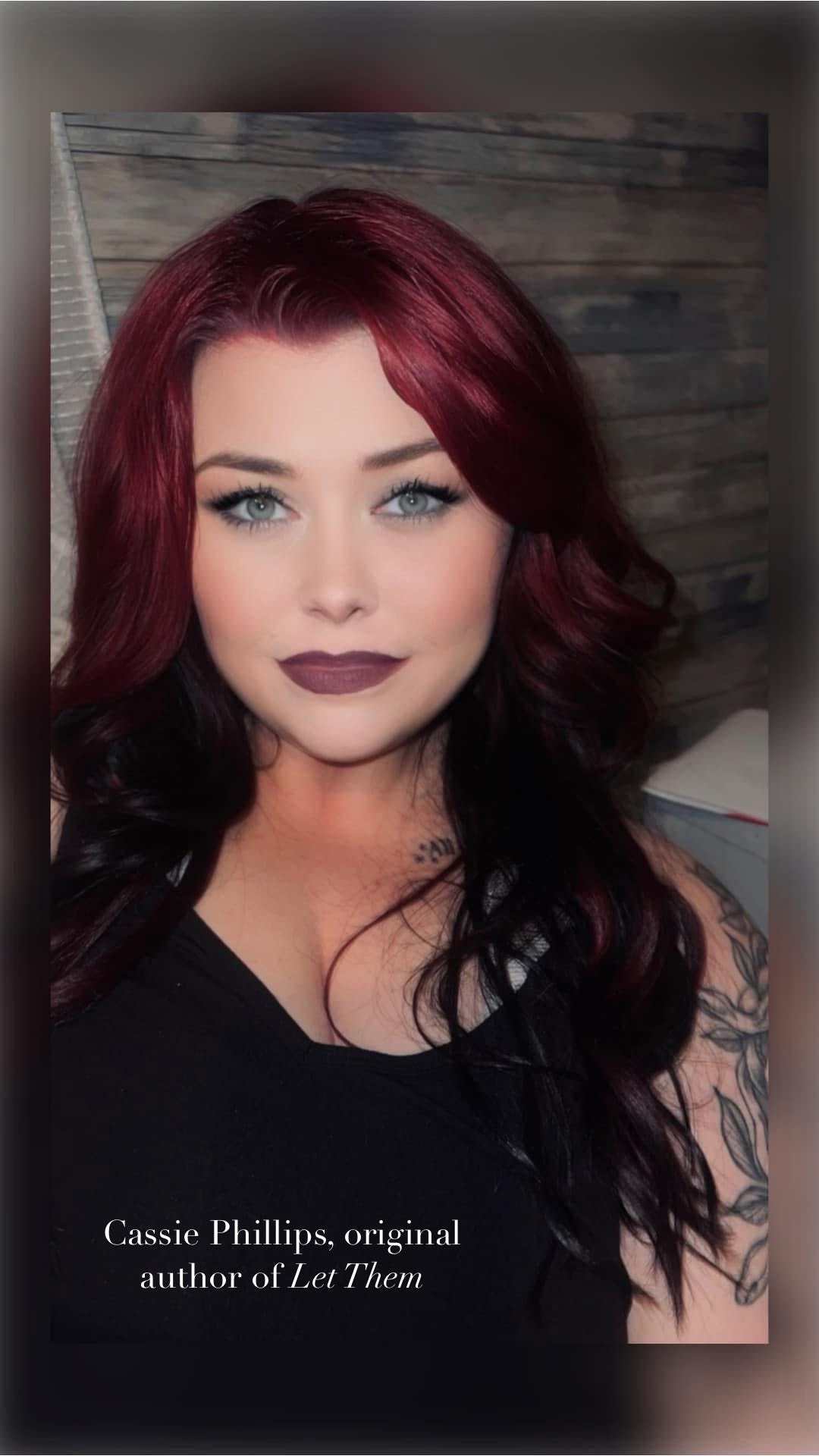
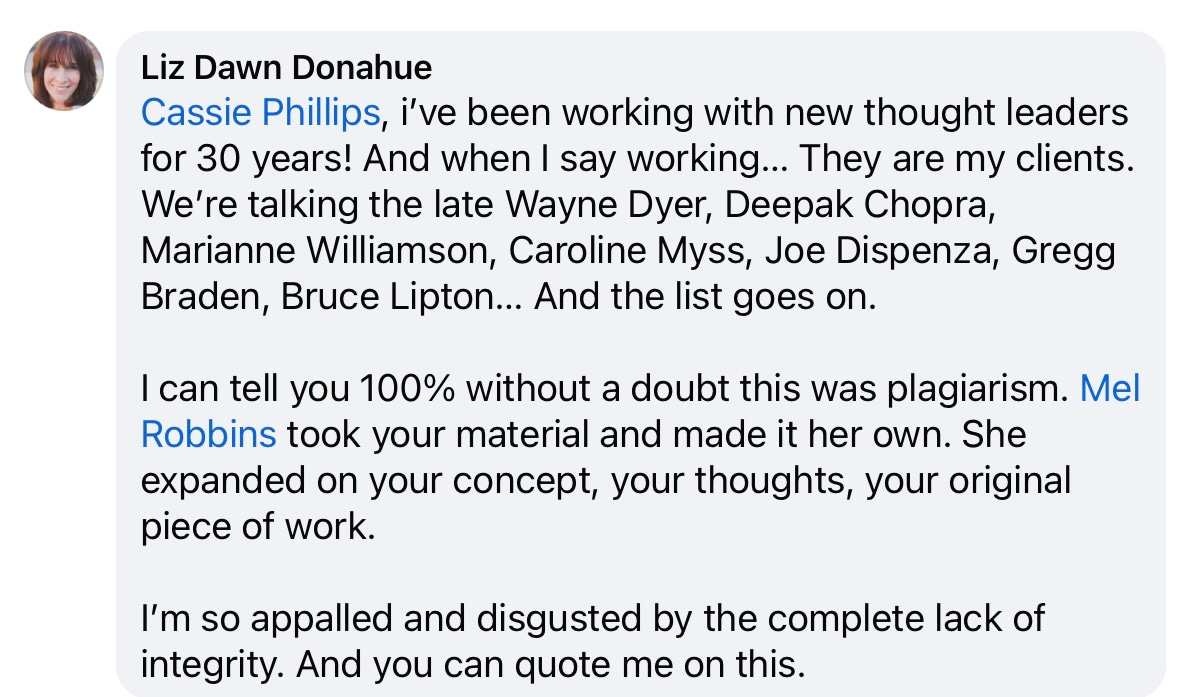
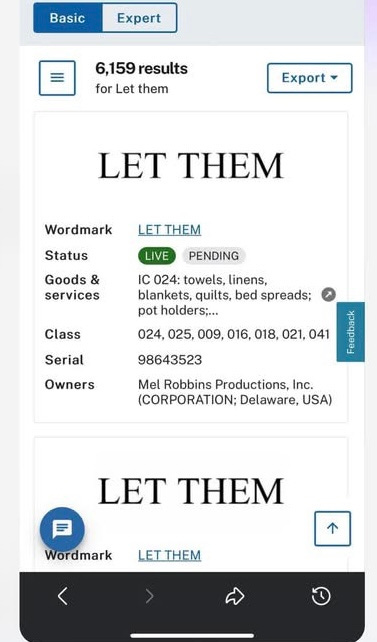
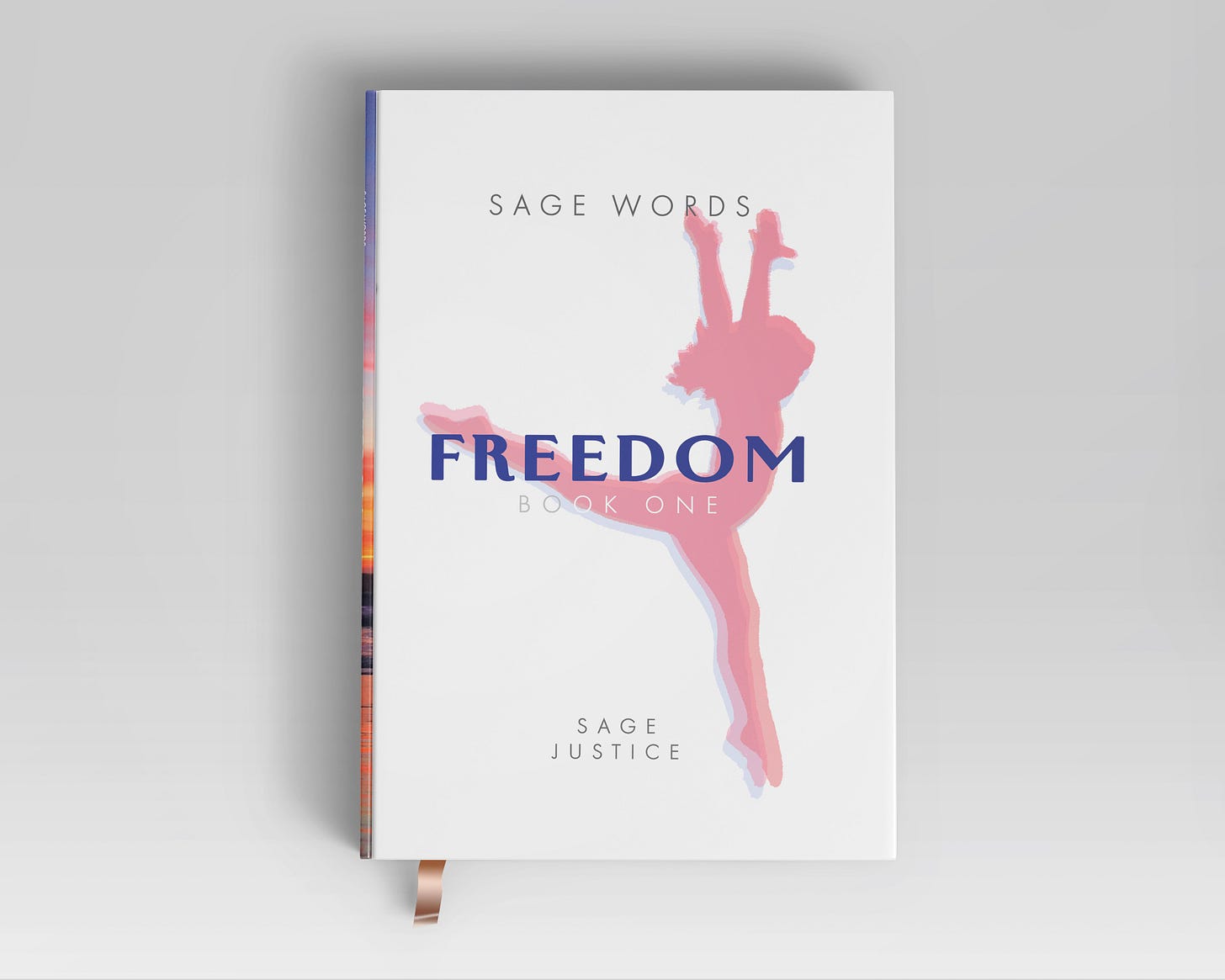
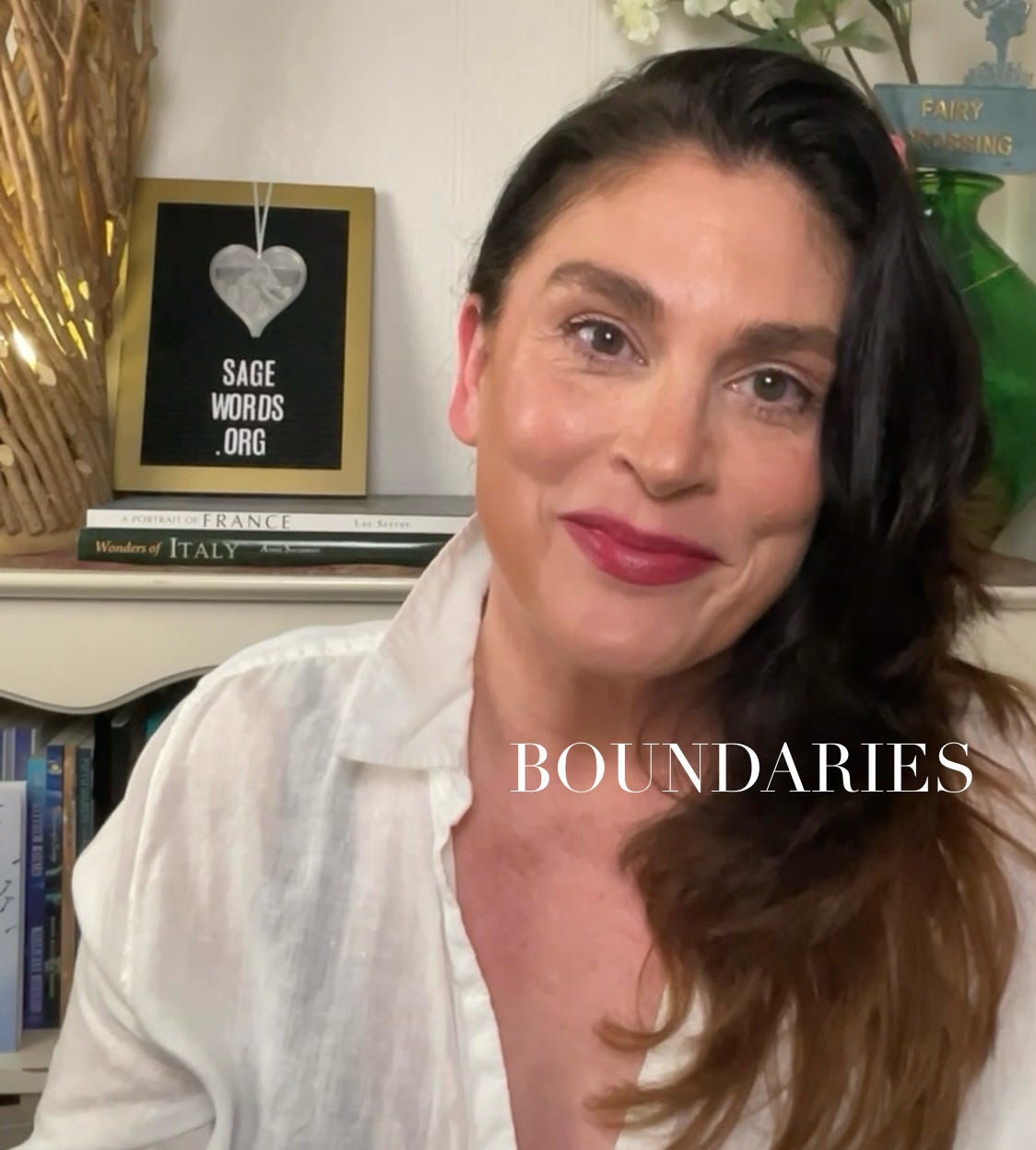
Thank you for sharing my piece. We need to protect each other’s words.
Just read your post. I had a different Hayhouse author plagiarize one of my courses… like word for word. When I called her on it, she claimed her assistant had done it without her knowledge. I let her editor at Hayhouse know and got no response. Reading your article really makes me question the culture at Hayhouse.